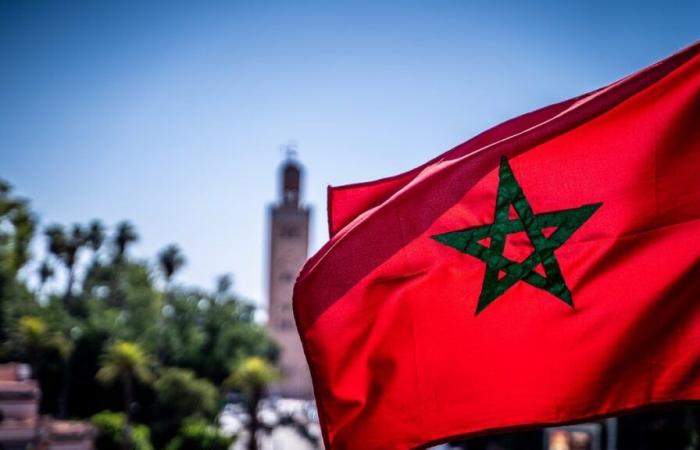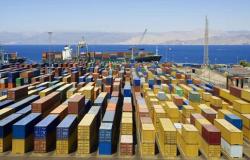Morocco’s socio-economic situation is worsening, with unemployment rates reaching alarming levels. The figures come from an official source, the Moroccan High Commission for Planning.
The kingdom is affected by a number of factors which complicate its economic and social situation.
In addition to global inflation induced by the war in Ukraine and the Covid-19 health crisis, and the consequences of the September 2023 earthquake, Morocco is facing an acute drought which is weighing down the agricultural sector which employs a third of the population. active population and contributes to 13% of the kingdom’s GDP.
In its 2023 report, Bank Al Maghrib reported the loss of 816,000 jobs in agriculture between 2018 and 2023.
This Tuesday, December 17, the High Commissioner for Planning, Chakib Benmoussa, spoke about the evolution of unemployment during the presentation of the results of the latest general population and housing census (RGPH).
The figures he revealed regarding employment are alarming. According to Benmoussa, unemployment is increasing sharply in Morocco. It has increased by more than five points in ten years, going from 16.2% in 2014 to 21.3% in 2024. A rate which would be higher due to the propensity of the Moroccan authorities to disguise the economic and social situation of the kingdom.
Women and young people are the most affected by unemployment, which is also more severe in certain regions compared to others.
Unemployment exceeds 30% in certain regions of Morocco
According to details presented by the Moroccan High Commissioner for Planning, the Guelmim-Oued Noun region and the Oriental region are the most affected by unemployment with rates of 31.5 and 30.4% respectively.
In Casablanca-Settat, unemployment affects 18.8% of the active population, while the rate is 19.6% in Tangier-Tétouan-Al Hoceïma and 19.7% in the Souss-Massa region.
Last September, thousands of young Moroccans attempted to force passage to the Spanish enclave of Ceuta from the Moroccan town of Fnideq.
At the same period, the OECD (Organization for Economic Cooperation and Development) indicated in its annual report on the unemployment rate in Morocco reached a historic record, at 35%.
The Moroccan authorities had deployed impressive repressive means to prevent the assault of migrants against Ceuta. Spending on arms and repressive equipment is another factor which worsens the socio-economic situation in Morocco. Last July, the kingdom placed an order for the acquisition of an Israeli spy satellite for $1 billion.






